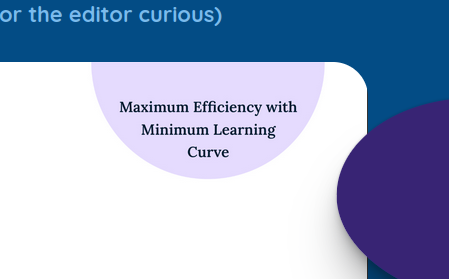edit: title
This book is efficient and answered questions the moment as I imagined asking, but to see its unique coolness – we could do with some context on its literary genus.
Have you ever seen Kate Gregory’s talk: Teach C++ not C?
The idea is, C++ has different habits than C, even if C++ is a “99% superset of C”. But beginners can understand C++ just fine without learning C first. It’s more ergonomic to learn about
std::vectorbefore using raw arrays and pointers, as Gregory puts it.
So, why do we teach vim before neovim, or before a well-regarded distribution like LazyVim? Because vim is “purer”, installed everywhere? Because we learned it that way? What if we taught LazyVim/Neovim before raw vim, a la C++ before C? Modern features and ergonomics will keep a beginner listening – surely you don’t disagree.
Anyway, this book is that efficient and direct path to LazyVim. It covers the things that StackOverflow won’t be the most useful pedagogues for (e.g. “what are those tab things on top of my window? How do I use the explorer thingamajig on the left – should I even care about it, anyway?”). Plus, it keeps LazyVim as a first-class learning target, providing its mnemonics and habits alongside the typical vim stuff you’d normally learn with vimtutor.
I like this kind of learning :) good for the on-the-fencers like me


